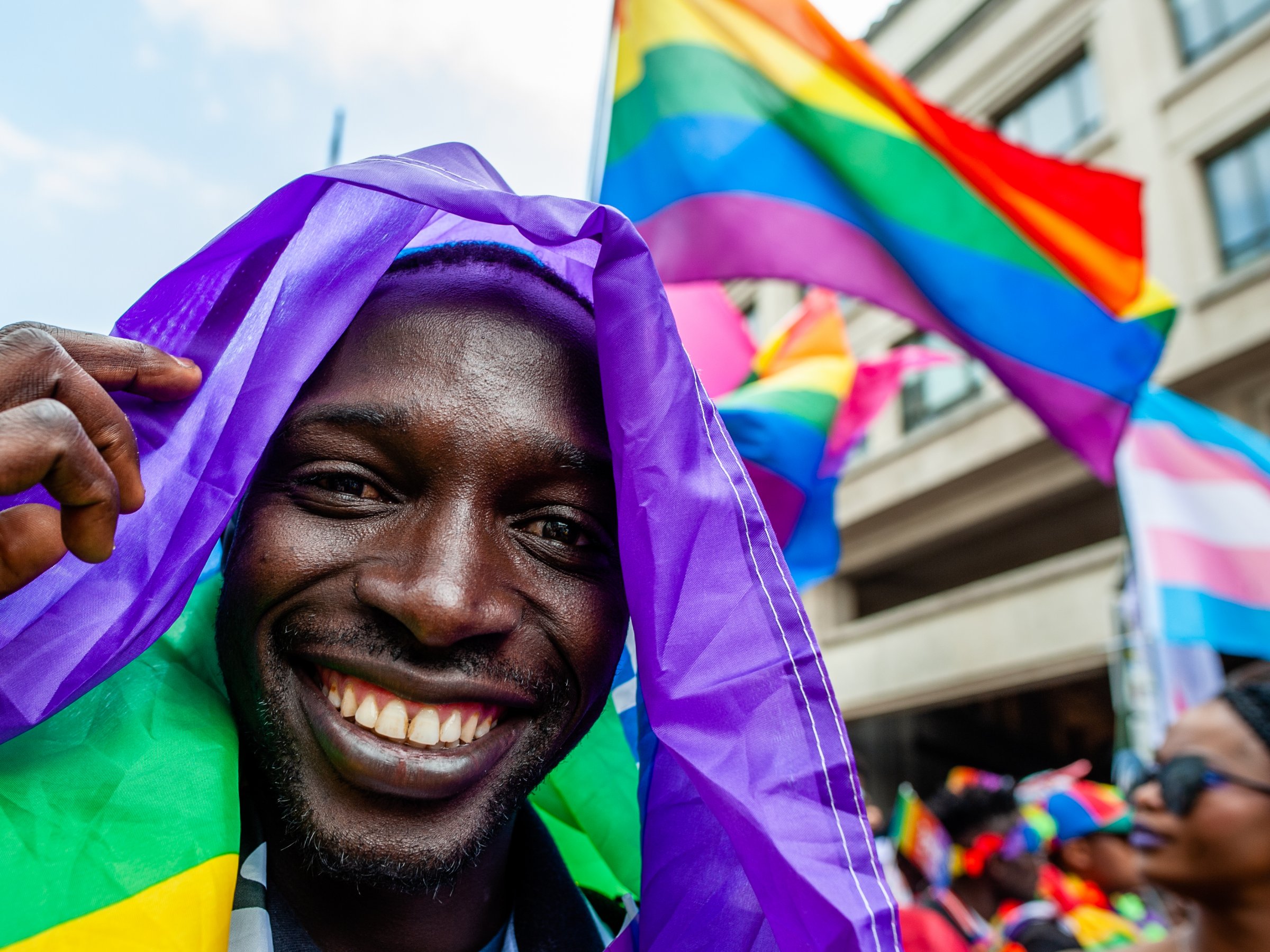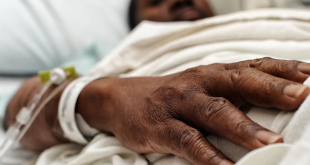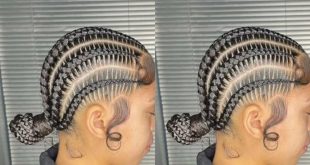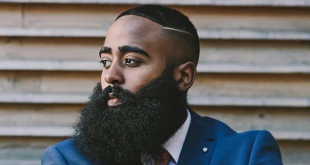
Same-sex relationships are criminalised, and two major religions, Islam and Christianity, frown upon such associations.
Nigerians LGBTQ+ folks rarely receive support from their family, friends and society. Leaving the country to a more accepting one is the only way they can fly their pride flag high.
However, Nigeria does have a budding, underground community offline and online.
How the internet is an important bonding tool for LGBTQ+ people
Many young Nigerians with homoerotic sexual orientation love to keep an online community as it shields them from the isolation they may be facing at home, school or in their community.
Here is dazed.com writing about the LGBTQ+ online community, “members of the Nigerian queer communities weaponise social media, using platforms like Twitter and Instagram to promote discourse surrounding LGBTQ+ existence and rights…”
VpnMentor, writes, “navigating a heterosexual and cisgender society can be difficult for members of the LGBTQ+ community. Alienated from their family, condemned by their community, and isolated from their friends, many LGBTQ+ people turn to the internet for solidarity.”
But the Internet does not shield them from harassment
As they share details of their sexuality online, they are faced with hate and abuse. VpnMentor conducted a survey in which they asked 695 LGBTQ+ people worldwide about their experiences online as they relate to their sexual orientation and gender identity.
Some of their key findings showed that sexual harassment and cyberbullying are common and happen to everyone, but the LGBTQ+ bear the most brutal brunt of it.
They discovered that 73% of respondents have been attacked online regardless of their sexual orientation or gender identity and 50% faced sexual harassment.
Gay men were the safest and asexual people (those who have no sexual attraction to others) felt at risk the most.
When it came to gender identity, transgender women felt the least safe online, and cisgender men (men who were assigned the male gender at birth and identify as men) are the safest.
It was also discovered that transgender women were the most likely to be outed against their will online.
The nature of the abuse and online bullying can be verbal, physical or even sexual. Even people who haven’t openly identified as gay, lesbian or of any other sexual orientation are made fun of because of their mannerisms and the perceptions around them. At other times, they get outed before they are ready to share with their family and closest friends.
Apart from slurs and insults, the internet can be used to locate them to inflict bodily harm, sexual harassment like getting unsolicited dick pics is also common, and some others are inappropriately propositioned for orgies or threesomes.
How members of the LGBTQ+ community can protect themselves
Some suggestions on how the LGBTQ+ community can protect themselves include blocking, activating privacy settings on all their social media accounts, deleting comments and reporting abusive comments.
However, asking an oppressed minority to protect themselves is a solution as inadequate as asking kids in America to start carrying guns to repel school shootings.
What is required is more tolerance from the general public. As long as these LGBTQ+ individuals are not harassing, deceiving or proselytising anyone, it makes no sense to attack them verbally, physically or make them feel less human.
 Top Naija News: Nigerian News, Breaking News Nigeria and World News Top Naija News is a daily news publication in Nigeria, delivering the latest breaking news in Nigeria and around the world.
Top Naija News: Nigerian News, Breaking News Nigeria and World News Top Naija News is a daily news publication in Nigeria, delivering the latest breaking news in Nigeria and around the world.



